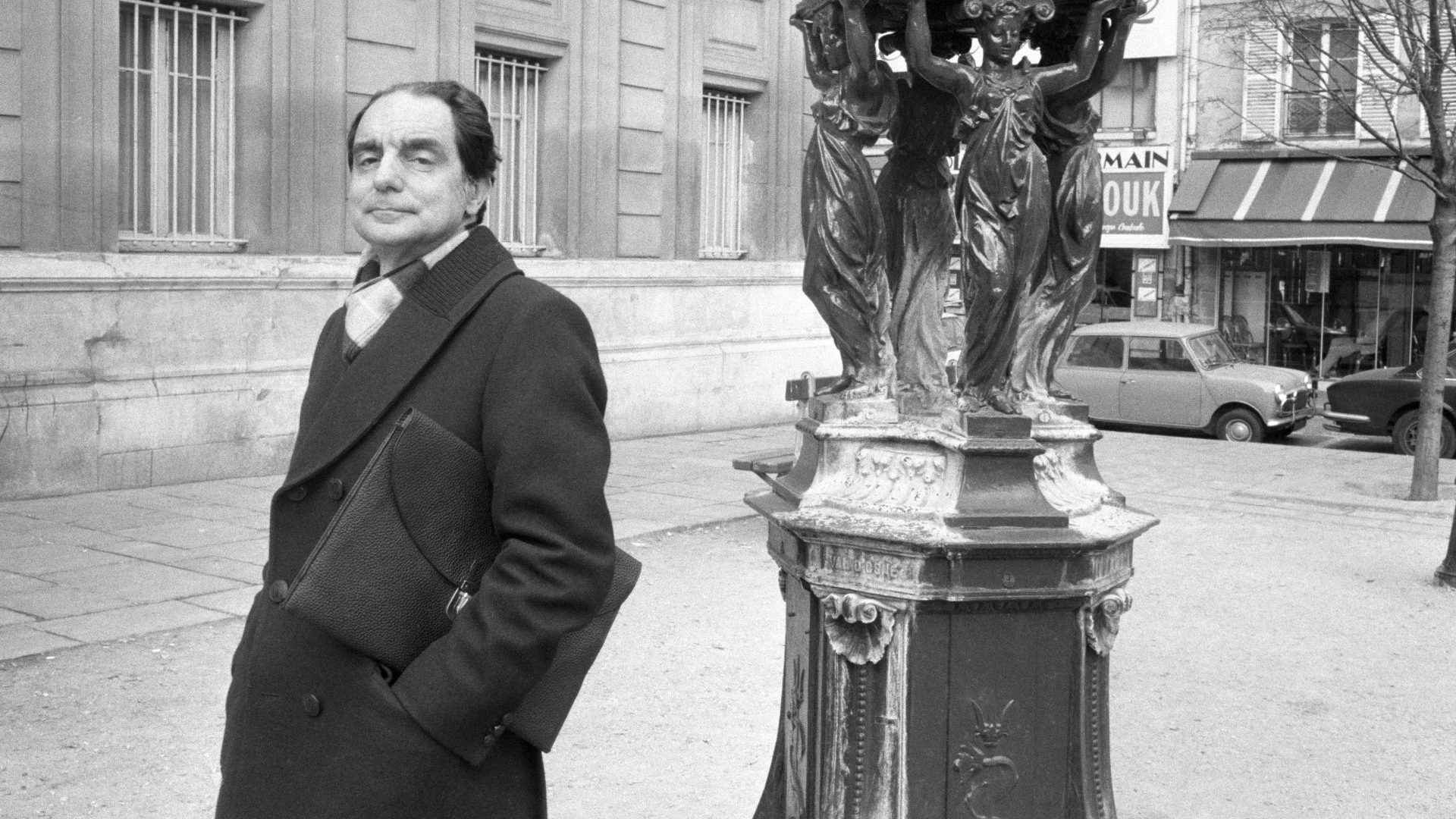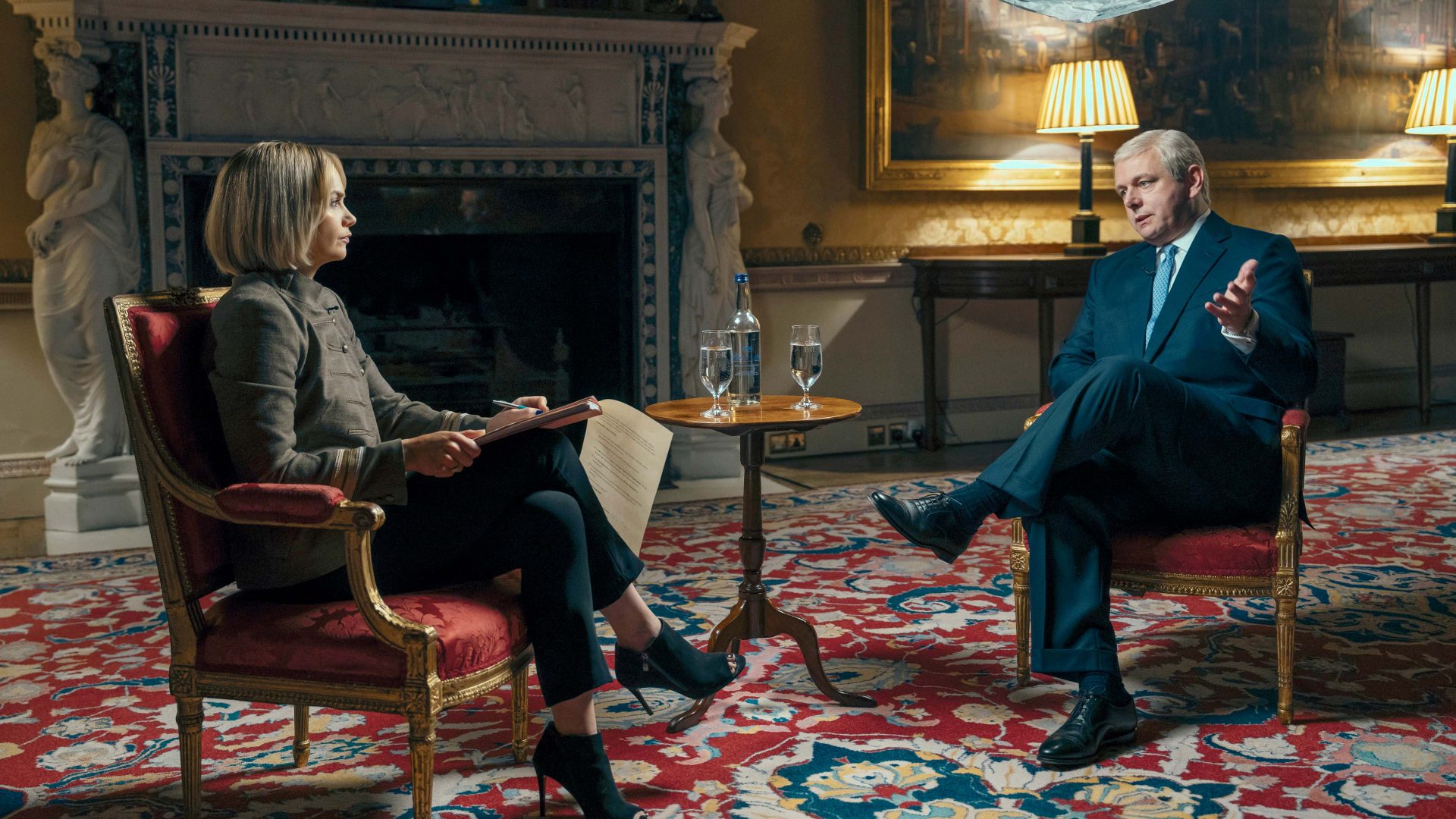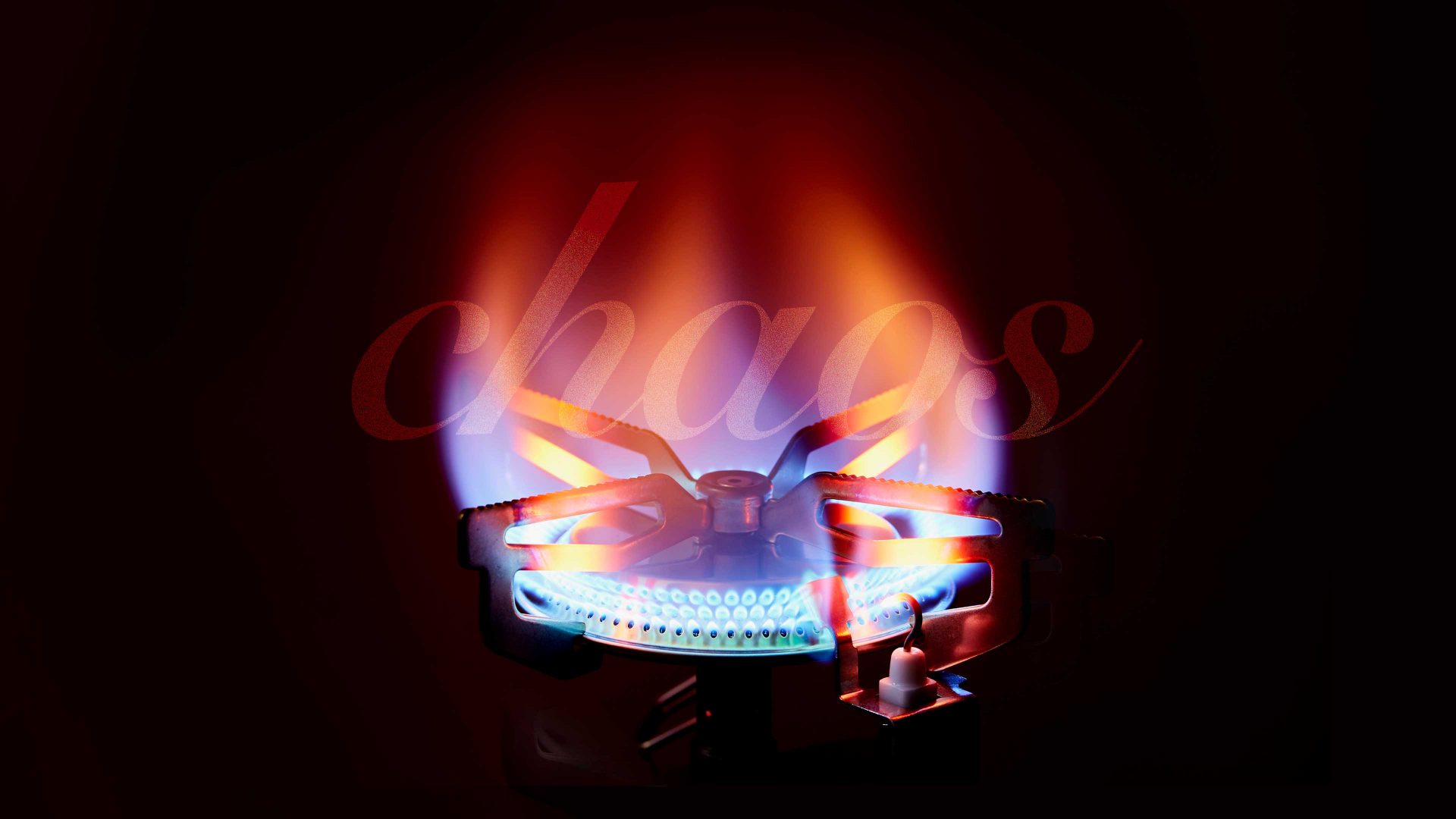In the spring of 1945, 21-year-old Italo Calvino was almost two years into his service as a member of the Garibaldi Brigade, the partisan communist resistance group fighting the fascists in northern Italy.
Early one morning in March he was scrabbling his way along a mountain track with a heavy box of machine gun ammunition on his back that slid awkwardly around his shoulders as he negotiated the narrow, stony pathway. The itching of lice and the effects on his digestive system of a diet consisting largely of chestnuts did not exactly make the experience any easier, not to mention ill-fitting boots that crushed his toes with every step.
When his unit drew close to the Piedmontese village of Baiardo that they planned to ambush, Calvino and his comrades were ordered to remove their footwear for a quieter approach. At first it was a relief to remove the boots, but the sharp stones and thorns combined with the added weight on his back only increased his discomfort.
Calvino was among those instructed to wait in reserve while the rest of the unit went ahead to catch the fascists billeted in the village unawares. Writing in 1974 he recalled listening to the attack, the gunfire, shouts and explosions, trying to interpret its course purely by the sounds emerging from the village.
When the distant cacophony stopped, after a brief silence the sound of singing arrived on the breeze. The song of the victors.
Believing the partisans had won, Calvino and his colleagues began running down from the hillside to join their comrades until they realised they were hearing not the partisan anthem Fischia il vento but a fascist marching song. The assault had failed and three of the partisans were dead.
It is typical of Calvino that his account, Memory of a Battle, deals more with the nature of his recollection than the drama itself. The essay, published posthumously in the 1993 collection The Road to San Giovanni, wrangles with the uncertainty of recall.
“Events are half-erased as they occur,” he wrote, describing scenes – a battle plan never executed, the death of a friend – that he knows he could not possibly have witnessed.
“Memories of what I didn’t see in the battle take on a more precise order and sense than what I really experienced,” he wrote.
Exploiting this kind of thinking informed the idiosyncratic and inventive fiction through which Calvino became one of the great Italian literary figures of the modern age, producing landmark novels like 1972’s Invisible Cities and arguably his masterpiece If On a Winter’s Night a Traveller, published in 1979.
As well as prompting a lifelong fascination with the nature of memory, his 20 months in the resistance proved to be the most formative of his life. “Resistance brought me into the world,” he said, “even as an author.”
Calvino’s first novel, translated into English as The Path to the Nest of Spiders, was a neo-realist exploration of his wartime experiences that sold in impressive quantities and won the prestigious Premio Riccione. When it was published in 1947 Calvino had already transformed himself from a lice-ridden mountain-dweller with a rifle to a formidable presence on the Italian literary scene.
He grew up the son of botanists in Sanremo on the coast of Liguria, his mother a radical socialist who would line up Calvino and his younger brother every morning and make them repeat, “For bread, for peace, for liberty” before they left for school, where they were forced to take part in fascist parades.
Calvino studied agriculture at university in Turin until 1943, when he absconded rather than be conscripted into Mussolini’s army and, with his mother’s encouragement, joined the partisans.
When he returned to academia after the war it was to study literature. Turin was exactly where he needed to be, too, even if he professed an attraction to the city’s “moral and civil – and not literary – image”. Postwar Turin was a philosophical hotbed associated with the likes of Gramsci and Togliatti, while its mixture of academics and an industrial workforce centred on the vast Fiat factory lent the city a heady combination of high culture and industry.
Turin was also home to Primo Levi and Cesare Pavese, to whom Calvino would become close until Pavese’s suicide in 1950, and the innovative Einaudi publishing house where Calvino worked as an editor.
“Turin is a city which entices a writer towards vigour, linearity, style,’’ Calvino wrote. “It encourages logic, and through logic it opens the way towards madness.”
That “madness” manifested itself in Calvino’s abandonment of the neo-realism of his early work in favour of the singular philosophical and imaginary devices planted by his wartime service.
The other key influence on his revolutionary invention, such as the 10 opening chapters to 10 different novels that make up If on a Winter’s Night a Traveller, dated further back to his boyhood obsession with cinema. Calvino watched every film that came to Sanremo, some so often he committed them to memory.
“Only what I saw on the screen possessed the properties required of a world, the fullness, the necessity, the coherence,” he wrote, “while away from the screen heterogeneous elements lumped together at random, the materials of a life – mine – which seemed to me utterly formless.”
His Italian propensity to arrive late to a film, watch the end and then stay on to watch the beginning inadvertently fostered an avant-garde form of storytelling that would become his trademark, “breaking up the temporal thread of the narrative and transforming it into a puzzle to be put back together piece by piece”.
These formative experiences helped Calvino to retain and indulge a sense of wonder at the beauty in the world; to see the joy in small things and how they represented something deeper, something to be found in all of us.
“Reading Calvino, you’re constantly assailed by the notion that he is writing down what you have always known, except that you’ve never thought of it before,” wrote Salman Rushdie in 1981. “This is highly unnerving: fortunately, you’re usually too busy laughing to go mad.”
This combination of deep thinking, a fascination with the everyday and a playful wit produced some of the most enduring and groundbreaking fiction of the 20th century.
“Overambitious projects may be objectionable in many fields, but not in literature,” he wrote. “Literature remains alive only if we set ourselves immeasurable goals, far beyond all hope of achievement. Only if poets and writers set themselves tasks that no one else dares imagine will literature continue to have a function.”




